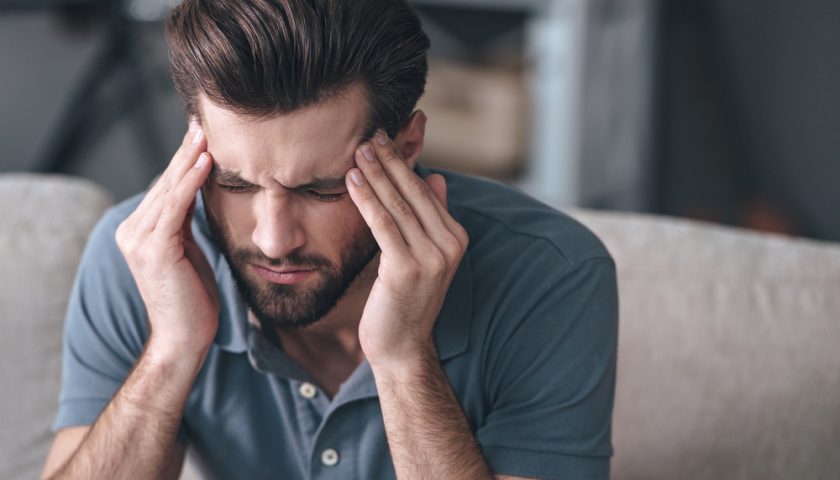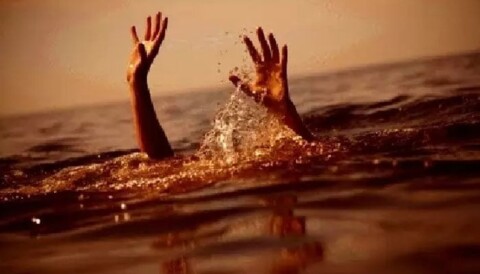Many people wonder: Does high blood pressure actually cause headaches?
The simple answer is: sometimes.
While high blood pressure is often called a “silent killer” because it shows no clear symptoms, in some cases it can trigger noticeable signs—especially when readings are dangerously high.
—
When Blood Pressure Becomes Critical
When your blood pressure rises to 180/120 mmHg or higher, this condition is known as a Hypertensive Crisis. It’s a medical emergency. Alongside severe headache, you might also experience:
Dizziness
Nausea
Blurred vision
Confusion
Seizures
Weakness
—
Pressure on the Brain: A Dangerous Side Effect
Extremely high blood pressure can put excess pressure on the brain’s blood vessels. This may lead to brain swelling (edema). Since the brain is enclosed within the skull, it has no space to expand, increasing internal pressure and causing a throbbing or spreading headache.
—
What Research from Iran Says
According to a study published in the Iranian Journal of Neurology, headaches caused by high blood pressure:
Occur on both sides of the head
Are pulsating or spreading in nature
Worsen with physical activity
Researchers believe this happens because high pressure affects the blood-brain barrier, a protective shield that controls what enters the brain from the bloodstream.
—
American Heart Association’s View
The American Heart Association (AHA) suggests that most people with high blood pressure do not experience headaches, unless their reading crosses into crisis levels (180/120 mmHg or higher). In such cases, immediate treatment is required.
—
What Long-Term Studies Reveal
A 30-year study of 1,914 patients published in the American Journal of Hypertension showed no direct link between frequent headaches and heart disease.
However, recurring headaches might encourage some patients to take their blood pressure medication regularly, which is beneficial.
—
When to Seek Emergency Care
If you have a headache accompanied by very high blood pressure, don’t try to treat it at home. Instead:
Go to the emergency room
Avoid taking pressure-lowering pills on your own
Let doctors reduce it in a controlled environment
Rapid drops in blood pressure at home can reduce blood flow to the brain, leading to serious complications.







